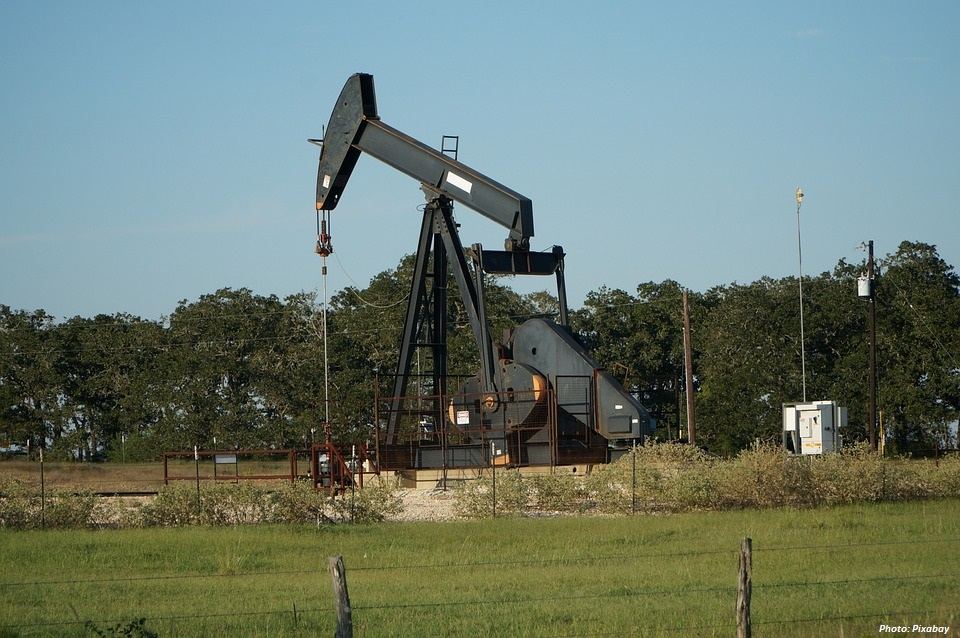BAKU, Azerbaijan, March 7. Russia is unlikely to pursue a strategy of continuous adjustment to its oil output, Trend reports with reference to the Oxford Institute of Energy Studies (OIES).
OIES notes that until recently, Russia seemed to have no plans of lowering oil exports.
On the contrary, as the OIES report reveals, Russia managed to avoid some sanctions and embargos with pricing adjustment, and payment methods, focusing on markets beyond Europe, creating new companies to facilitate the sale of Russian crude and ensuring access to tankers in the shadow market in order to optimize oil trade under sanctions.
The institute experts noted that the decree signed by Russian President Vladimir Putin to ban crude oil and petroleum products’ exports to markets that adopted by G7 price cap, almost had no impact on exports.
“The decree it did not impede deliveries to Russia’s main buyers such as India, China and Turkey which announced that they would not apply the price cap. However, the Russian Deputy Prime Minister warned that Russian oil output would decline by 5%-7% in early 2023. This is most likely to be caused by the decline in products exports which would necessitate cuts in refinery runs and consequently crude production,” reads the report.
Indeed, in February 2023, Russia announced that it would cut its output ‘voluntarily’ by 500,000 b/d in March 2023 from the January 2023 levels of 10.9 mb/d.
“Whether or not this reduction is ‘voluntary’ or most likely caused by the inability of Russia to export its crude and products after the EU embargo on Russian crude and products came into force, it represents a significant departure from 2022. Russia for the first time signaled its willingness to declare ‘voluntary’ output cuts and shape market expectations. However, the impact on prices was short lived as the market is pricing a larger Russian supply disruption and lower Russian refinery runs in 2023 as Russia’s exports of products are projected to fall.
Unlike crude, redirecting products to new markets is more challenging and the products tanker capacity is limited. Russia could still consider setting a floor on the price of its crude sales or minimize the discounts on its crude, which would require continuous adjustment in its output. However, there is no indication so far that Russia has plans to pursue such an output strategy on a consistent basis. It also remains unclear whether such a strategy would be effective especially that it is not coordinated with other producers,” reads the report.





